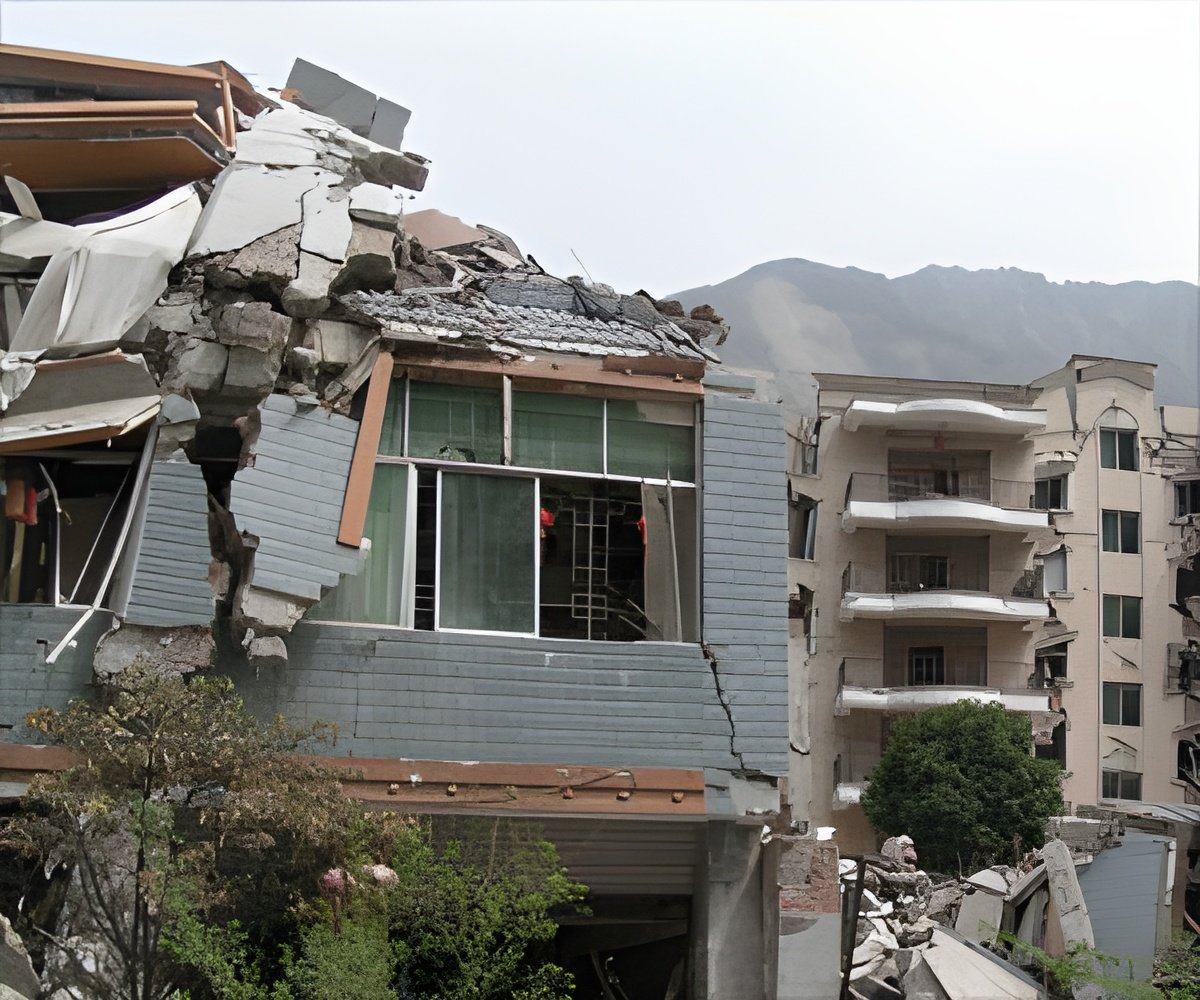This time, the hot topic was the Big One -- the massive earthquake that experts say will someday rock the region and kill thousands -- and how to prepare for it.

"A whole bunch of people were posting there and totally freaking out," said Joelle Murray, a physicist who lives with her husband and two children in the river city, which is stitched together with old bridges.
"Others were talking about all their preparations -- three weeks of food, water, a special gas cut-off," she said.
"And like a lot of things posted there, they immediately made me panic that I'm not doing enough for my children."
What prompted the nervous hand-wringing? A cover story in The New Yorker, which vividly described the destruction that could result from a jolt of up to magnitude 9.2 off the Pacific coast and the inevitable tsunami that will follow.
Scientists have determined that such an earthquake strikes on average every 243 years, and it has been 315 since the last one.
Advertisement
Interstate 5 is the highway that runs along the US West Coast through all of its major cities, including Seattle and Portland. The impact area is home to some seven million people.
Advertisement
- 'Preacher of preparedness' -
Murray said she understood the science of the pending quake, but the flood of reaction from her friends and neighbors made it all more "immediately alarming."
She looked into bolting her 1920s home to the foundation and finding that special gas cut-off -- retrofitting work that can cost thousands of dollars. And now specialists in the area are not available for months.
Murray's panic dissipated after a few weeks
"I might get some water," she said, laughing at herself.
If Murray changes her mind, Jeff Guite, founder and president of American Preparedness -- a provider of kits packed with bottled water, flashlights, toiletries, et cetera -- is ready to set her up.
His Seattle-area company has been selling emergency kits of all sizes for years, but he said recent media attention sent orders soaring 600 percent in one day.
Guite was once dubbed the "preacher of preparedness" -- and the moniker has stuck. He said he worries about what will happen to the young, sick and infirm when roads are impassable and the entire region's infrastructure has collapsed.
"It won't even take the Big One. With just a 7.5, most of the bridges will fail. You're not getting anywhere unless you hoof it," he said.
"A mom can't walk for miles with her three kids -- no food, no water, nothing."
It will be everyone for themselves, he warns.
"You can't knock on someone's door and say, 'Hey, can I have your food and water?'"
- Early detection is key -
Congressman Peter DeFazio certainly hopes attention on quake preparedness will remain high. He has long fought for an early detection system for the region, akin to what Japan already has in place.
His constituents include the population of coastal southwestern Oregon, an area that faces particular risk from a tsunami.
The real-time, deep ocean alert system DeFazio wants would give people on the coast more time to move inland to safety.
And it would provide Portland a warning of three to five minutes -- enough time to stop trains and close its precarious bridges. Estimates on such a system are hard to come by, but some go as high as $250 million.
"The New Yorker article has certainly hit a nerve in the Pacific Northwest. It was written in such a way -- it even raised the hair on the back of my neck. But in Congress, it is a different situation," he said.
"The technology is known, we just lack the will to fund it. It is kind of pathetic."
DeFazio says he is concerned about the national security and economic impact that such a disaster would have on the country.
"It would be a huge blow to not just the Western economy, to the US economy. Look at what is based in Portland and Seattle: Intel, Microsoft. Their headquarters would be decimated."
The Democrat is not enthusiastic about his bill's chances in the Republican-led Congress, but he is hoping to convince the administration of President Barack Obama to put the costly system into the budget.
"I?m not easily deterred," he said.
Source-AFP









